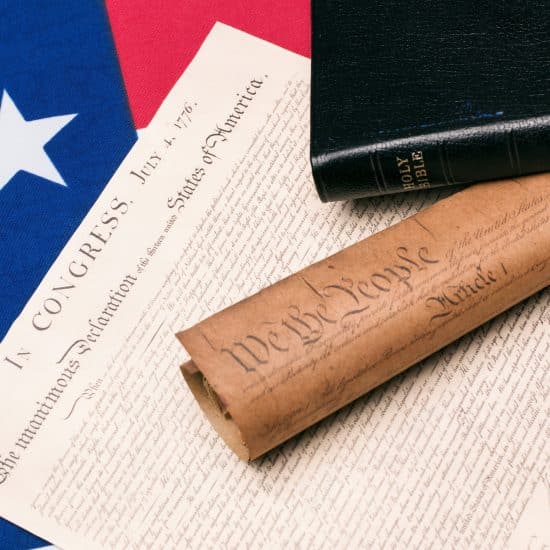The Board of Directors of Associated Baptist Press paid homage to a pair of significant American freedoms with awards May 1 in Winston-Salem, N.C. About 125 people gathered for a dinner honoring longtime Baptist editor R.G. Puckett and Melissa Rogers of Wake Forest Divinity School for their contributions to press and religious freedom respectively.

Bill Webb
|
Puckett, who worked for state Baptist newspapers in Kentucky, Ohio, Maryland and North Carolina (the last three as editor), received ABP's Greg Warner Lifetime Achievement Award in Religious Journalism. He retired as editor of the Biblical Recorder in North Carolina in 1998.
Rogers, who directs the Wake Forest University School of Divinity Center for Religion and Public Affairs, received ABP's Religious Freedom Award. She also is a non-resident senior fellow within the Governance Program of the Brookings Institution.
A firm and sometimes fiery advocate of press freedom, Puckett said in accepting his award that it was "just as much for" C.R. Daley, longtime editor of Kentucky's Western Recorder for whom Puckett worked as associate editor for three years as it was for himself.
The award winner credited Daley and other late editors Texas Baptist Standard's E.S. James; John Jeter Hurt, who edited both the Baptist Standard and Georgia's Christian Index; and Reuben Alley of Virginia's Religious Herald for helping him when he became editor of the Ohio Baptist Messenger in 1958 with no previous journalistic experience.
Puckett learned from the positions those editors took and the integrity they displayed as effective Baptist newspaper editors, he said. "Without them in those early years, I wouldn't have made it."
Those seasoned mentors taught Puckett how important it was for Baptists to be informed. "The effectiveness of any democracy depends on an informed constituency, and if Baptists don't know, they can't do," he said.
Just as Puckett learned the significance of press freedom from a previous generation of Baptist journalists, he modeled and championed the concept for the generations that would follow him.
Rogers is in the prime of her career as a champion of religious liberty. At the divinity school, she teaches classes on church-state relations and Christianity.
She previously served as executive director of the Pew Forum on Religion and Public Life in Washington, D.C., and was general counselor for the Baptist Joint Committee on Religious Liberty. There she helped enact the Religious Land Use and Institutionalized Persons Act.
Rogers is the co-author of a case book on religion and law titled Religious Freedom and the Supreme Court. In 2009, President Obama appointed her chair of the first Advisory Council on Faith-based and Neighborhood Partnerships.
The 13th recipient of the Religious Freedom Award, Rogers said "the Baptist ideal of religious freedom" has been significant for the United States.
"In no small part because of this vision, America has gotten religious liberty remarkably right," said Rogers. "Americans have great confidence in our ability to make choices in religious matters. Faiths in this country are vital and independent, precisely because they are largely free from government interference and support."
"Where America has failed" when it comes to religious freedom, it was not the model that failed, she insisted. America has failed when the "Baptist model of religious liberty and church-state separation" was abandoned.
Rogers said she accepted her award on "behalf of that Baptist vision of church-state separation and religious liberty."
"There are some difficult issues to be sure that face us in the nation," Rogers said, "but I believe that this vision of religious liberty that we share in this room continues to be the best understanding of the Christian gospel, and it also continues to be the best and brightest hope for our increasingly diverse nation to come together and indeed to be a more perfect union as we move forward."
Baptists would do well to clone the likes of R.G. Puckett and Melissa Rogers lest the nation's memory of these two valuable freedoms — press and religion — become compromised or lost in the collective memory of Americans. Both freedoms were hatched in the incubator of early Baptist convictions. Many Baptists paid the price for insisting upon and championing both freedoms when many didn't understand or didn't appreciate them.
Regrettably, these concepts and the freedoms they represent are at risk in every generation. They are still dependent upon champions like Puckett and Rogers and those of their courageous ilk.
These fragile freedoms are so important that Associated Baptist Press — formed the same day Baptist Press editors Dan Martin and Al Shackleford were terminated because they would not violate their consciences as journalists — has chosen to honor those who help us continue to cherish those values.
Bill Webb is editor of Word&Way. He is a member of the ABP Board of Directors.






